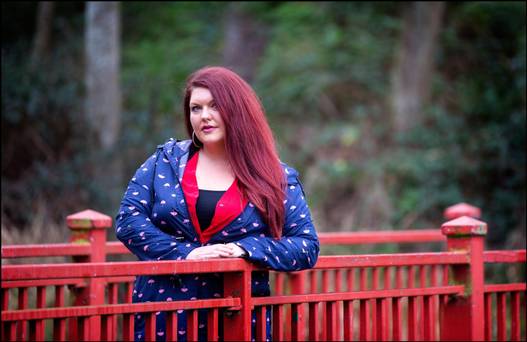These are some of the most important things we think you need to know about rosacea and how you can best manage it yourself!
1: Identify your triggers
If possible, identify and avoid any lifestyle or environmental factors which trigger or exacerbate symptoms. Examples of common triggers can include alcohol, hot beverages, spicy foods, and extremes in temperatures.
Sometimes it may help to keep a written record of flare-ups to identify any trigger.
2: Choosing products
Individuals with rosacea, often have sensitive, easily irritated skin. Therefore it is important to select mild, non-irritating, fragrance-free, alcohol-free, skin care products.
Use a moisturiser which is fragrance free and “non-comedogenic” or “oil free”, on a regular basis to improve skin hydration and skin barrier function
- Related: Rosacea information page
- Related: Could skin camouflage help you? We talk to the Irish Red Cross
- Related: Acne and Rosacea: Busting the Myths
3: Cleansing
Avoid vigorous washing and scrubbing as this can irritate the skin. Wash the skin with a gentle skin cleanser or a soap substitute, use lukewarm water and pat skin dry.
4: Shave carefully
Electric shavers may be more comfortable for men with rosacea. Avoid any shaving creams or lotions that burn or sting your skin.
5: Use medications as directed
Use prescribed topical preparations and oral rosacea medications as directed; e.g. take them at the correct time of day, as often as prescribed, at the right dose.
6: Be patient!
Unfortunately, patience is necessary; rosacea treatment may take time to take effect.
Depending on the individual and type of treatment (topical or oral), some studies have suggested it may take 6 – 12 weeks before any particular therapy is changed for another.
7: Are your eyes affected?
If your eyes are affected, consult with your doctor. For mild eye symptoms (which may include dryness or a gritty feeling in the eyes) washing the eyes twice daily with warm water and using artificial tears may be beneficial.
8: Talk to your GP
As rosacea is a visible inflammatory skin condition, even mild cases of rosacea can cause distress and embarrassment.
If your rosacea is affecting your mental health and the symptoms are not under good control, speak with your doctor.
9: Avoid sunburn and suntan
It has been suggested that ultraviolet rays can trigger a flare or exacerbate symptoms. It is advisable to avoid direct sunlight and use a broad-spectrum sunscreen offering protection from both UVA/UVB, with a minimum SPF 30.
Learn more on our rosacea information page or contact the ISF Helpline here.













